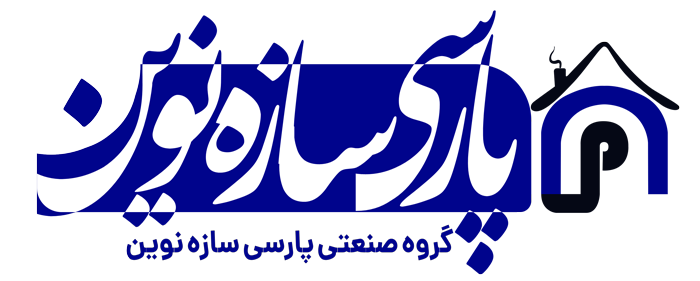The job of a board member in corporate governance is to ensure that an organisation operates legally and in the best interests of shareholders and other stakeholders. This is why the board function independently of management and concentrate on the most important issues, not day-to-day business.
The board is accountable for the management of risk as well as the operation and strategy of a business, as well as other decisions that are made by it. The board also selects the CEO, supervises and plans the succession IT strategies for enhancing customer experiences of the CEO, as well as the performance of that CEO. It also establishes a company’s culture and mission.
It also supports the interests of shareholders, ensures financial data is accurately reported and makes certain that investors are informed of all information that could affect their holdings. It also takes steps to protect the integrity and reputation of a business and avoid fraud. It is essential to encourage continuous education among directors, particularly on emerging technologies, key issues such as environmental, social and governance (ESG) and global crises that affect how businesses operate.
A well-structured structure of the committee, with an executive secretary and chair is essential to effective governance. It is crucial to create an environment of open communication and collaboration between all members of the committee. The committee secretary will help set the agenda, keep minutes of meetings and distribute them to all members of the committee.
A committee must be able to trust its advisors for advice, reports and opinions. It is important for the committee to be aware who these advisors are and to evaluate their qualifications.
